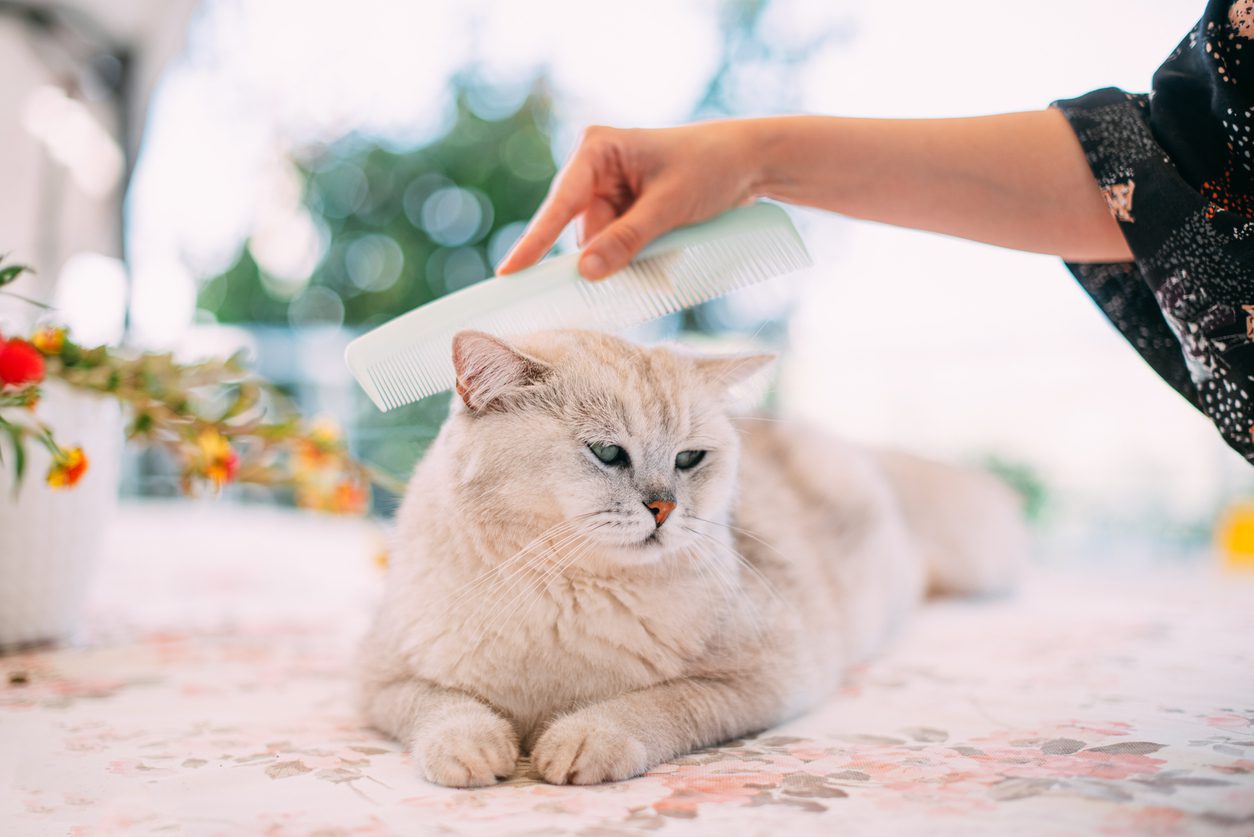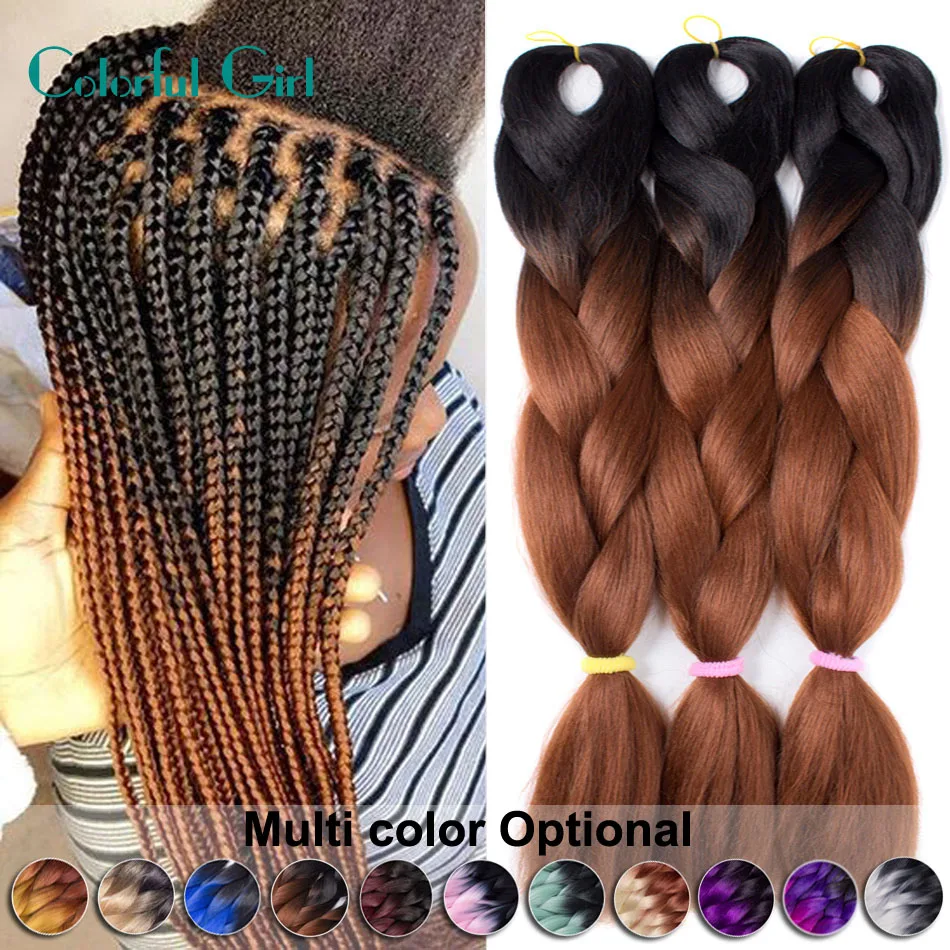Table Of Content

These doctors specialize in diagnosing and treating the skin, hair, and nails. A dermatologist can tell you whether you have hair loss or excessive hair shedding. Most people notice the excessive hair shedding a few months after the stressful event. For example, a new mom can see excessive hair shedding about two months after giving birth. The shedding usually peaks about four months after giving birth.
document.getElementsByTagName('head') .appendChild(rs);

Has the shedding been excessive, going on for three months or more, or is the suspected result of a stressful event? It’s always a good idea to talk to a healthcare professional if so. Together, we’re going to look at why hair shedding happens in the first place, how much shedding is normal, and what you can do to combat hair fall when it happens. Hair pulls tests help determine if the shedding is within the normal range or if there is an underlying hair loss condition.
Living with hair loss?
During this phase, the hair follicle shrinks, and hair growth stops. The lower part of the hair follicle attaches to the hair strand, and the blood supply to the hair is cut off. Other vitamins and minerals may also play a role in hair loss. People can speak with a healthcare professional to determine whether they have a vitamin deficiency that may be causing hair loss.
Products & Services
16 Best Hair Growth Shampoos, Tested & Reviewed by Experts 2024 - ELLE
16 Best Hair Growth Shampoos, Tested & Reviewed by Experts 2024.
Posted: Fri, 19 Apr 2024 07:00:00 GMT [source]
Another way to deal with hair shedding is by trying hair extensions to give yourself a thicker, more voluminous look while avoiding over-processing due to colouring your hair. Stress triggers bodily responses that cause your scalp to shed more hair. These life changes can exhaust you and your hair, causing the hair follicle to be undernourished and weak. Increased stress can also trigger scalp problems which cause the follicle to not hold onto hair strands.
Happy scalp, happy hair
There are hundreds of thousands of hairs on your head, and every single one them is at a different stage of its two- to five-year lifespan. Hair grows and dies in phases, and nutrition, stress, hygiene, and daily styling all play a role in how much hair you lose daily. Telogen effluvium occurs when large numbers of hair follicles push into the resting phase.
Eat a Balanced Diet
Depending on variables like age, sex, heredity, and general health. See your doctor if you’re concerned about how much hair you are losing every day. A gradual thinning on the top of your head, the appearance of patchy or bald spots on your scalp, and full-body hair loss are signs that there may be an underlying health condition. A doctor will be able to assess whether your hair loss is normal shedding.

The way to be proactive to stop large amounts of hair shedding is by taking hair vitamins to strengthen your hair. Biotin for example can be bought at any drug store and is incredibly effective in helping to strengthen your hair and help it grow. A multivitamin is also important to provide all of the nutrients you will need to help your hair grow long and strong. Multivitamins or collagen supplements can help increase your hair growth. They contribute to thicker, fuller hair by boosting the collagen in your hair follicles. Importantly add spinach to your diet which is full of iron and helps to carry red blood cells to yourself which in turn helps to promote more hair growth.
Always talk to a healthcare provider before discontinuing any medication. Telogen effluvium is common, seen more frequently in women, and usually happens two to three months after a triggering event. It typically doesn't last more than six months, but if it does, it's considered chronic.
History-Making Gymnast Gabby Douglas' Best Advice For Young Women In Sports
When excessive hair shedding occurs, it's known as telogen effluvium. Someone with telogen effluvium can lose 300–500 hairs daily. Baldness is often hereditary, and is activated by a shift in your hormones.
Males with this condition tend to lose hair from the temples and crown of the head. In females with androgenetic alopecia, the hair usually becomes thinner all over the head. If you have hair loss, your hair will not grow until the cause stops. For example, people who undergo chemotherapy or radiation treatments often lose a lot of hair. Not only is getting enough rest vital to helping your hair grow, but it can also help keep your hair from getting super oily.
Many women first experience hair thinning and hair loss where they part their hair and on the top-central portion of the head. Certain conditions, including anagen effluvium and alopecia areata, can cause hair to fall out suddenly. People should speak with a doctor to identify the cause of sudden hair loss.
Ahead, dermatologists explain hair loss causes, prevention, and treatments. They can ask you about your hair history, examine your scalp and hair follicles, and help you discover what the cause may be. They can also recommend useful treatment plans to combat any underlying issues that have been medically known to cause excessive shedding. Chemotherapy, certain other drugs and radiation treatments can prompt hair loss, mainly in the growth phase.
Common diagnoses include androgenetic alopecia, alopecia areata, telogen effluvium, and lymphocytic scarring alopecia, Agbai tells USA TODAY. According to the American Academy of Dermatology, it’s perfectly normal to lose between 50 and 100 hairs per day. Experts say the average number of hairs shed by men and women per day is about the same.
Also, opt to get your hair coloured at a salon versus using low-quality box dyes. As mentioned above, another option is trying hair extensions to get the hair colour you want without the damage. See a dermatologist as soon as possible when you notice hair loss. If you have hair loss due to stress or hormone changes like pregnancy, you may not need treatment.
Heat, if overused, can also damage hair strands, as seen in some studies. To lessen your chances of burning strands which could lead to breakage, limit heat tools like curling irons and straighteners. A dermatologist can prescribe topical or oral medications that block certain hormone changes and enhance hair growth, says Dr. Rhodes. There are also procedures and devices which can aid in maintaining the health of the follicle, she adds. Dermatologists recommend the following treatments and lifestyle changes to help treat and prevent hair loss. Deficiencies in iron, zinc, vitamins A and D, and other essential nutrients can contribute to hair loss, Dr. Rajagopal says.















